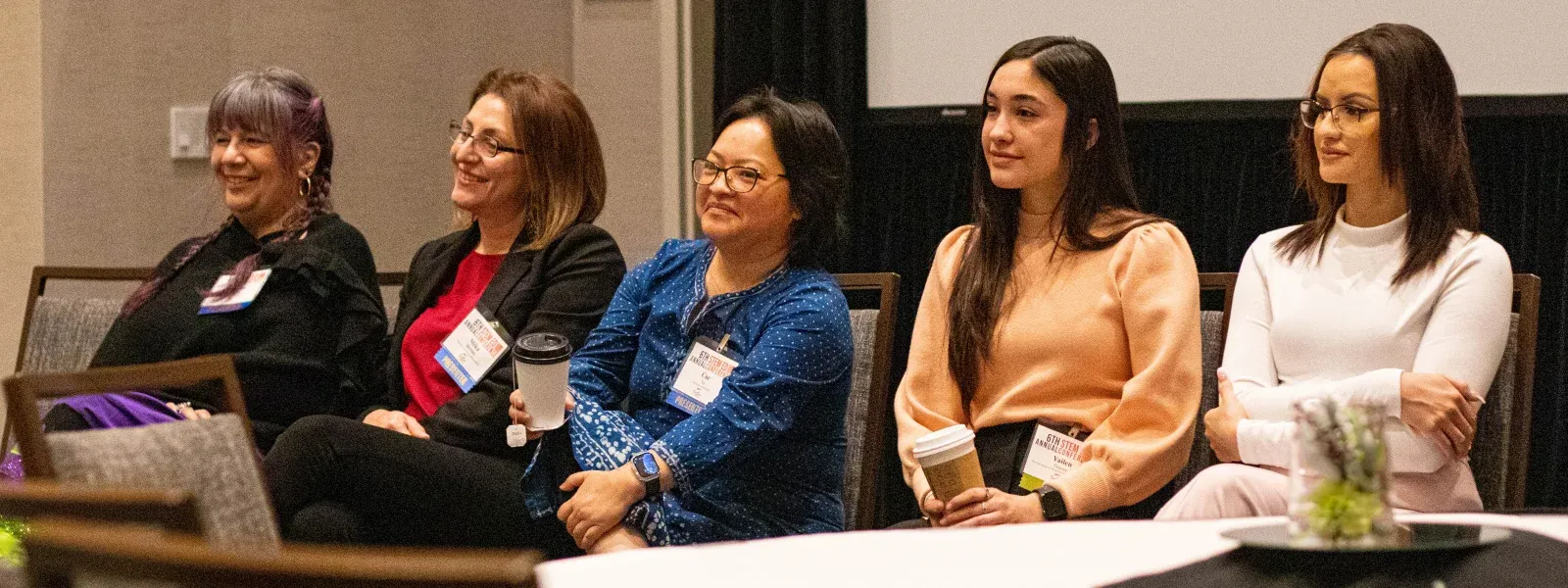Mission
Our mission is to bring together the PK-20+ community that are passionate about and dedicated to enacting pedagogies and practices in pursuit of ‘success for all’ in an evolving global STEM education landscape.
Vision
Our vision is to establish and sustain an international, Transdisciplinary community of practice that enhances the PK-20+ STEM education landscape.
9th Annual STEM ED Conference
Join us for the 9th Annual STEM Education Conference, taking place February 12–14, 2026. This event brings together PK–20 STEM education stakeholders—researchers, educators, and students—to share insights, explore current research, and discuss best practices.
Fostering Scholars and Leaders in the Pursuit of STEM For All.
Registration
| Category |
Early Bird Jan. 7, 2026 |
Regular | On-Site |
|---|---|---|---|
| UTRGV Student or K-12 Student | $25 | $50 | $65 |
| Non UTRGV Student | $50 | $75 | $85 |
| UTRGV Faculty or Staff | $50 | $75 | $100 |
| All Others | $100 | $150 | $175 |
| Printed Program | $10 | $10 | $10 |
The Courtyard by Marriott South Padre Island has rooms available for $118 per night. You can inquire with any questions at (956) 433-0590. The hotel address is 6700 Padre Boulevard, South Padre Island, Tx, 78597.

